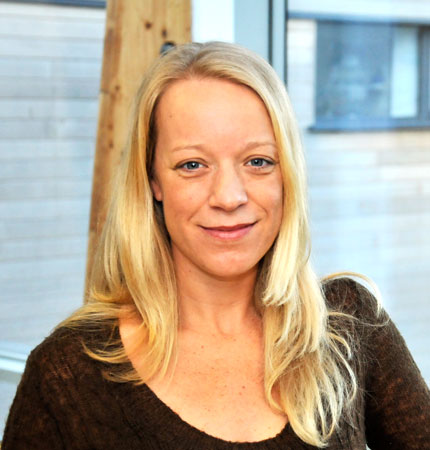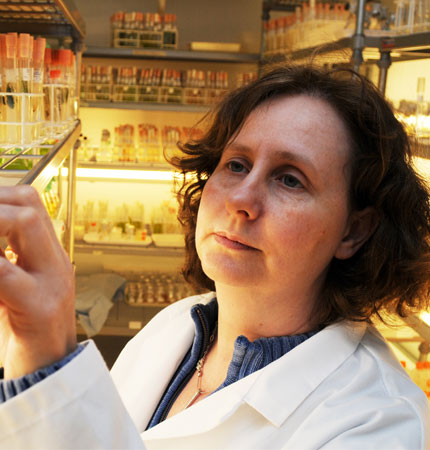Securing reactive nitrogen for high value food and feed production in integrated bioremediation and energy generation systems
Nitrogen has been identified as one of the drivers of global food insecurity, therefore proper nitrogen management will be critical to feed a growing global population, estimated to reach 9 billion by 2050. Inefficiencies of nitrogen use occur at multiple levels within the aquaculture and agriculture production chain, leading to net nitrogen loading in the global nitrogen cycle and threatening the sustainability of the planet in terms of reactive nitrogen pollution. Current technologies to treat nitrogen-rich effluent focus on converting reactive nitrogen to back to its inert form, as nitrogen gas in the atmosphere. However, nitrogen is too valuable to be lost, rather than looking to promote technologies for permanent removal of nitrogen, novel, innovative approaches are needed that focus on the recovery of valuable resources to pioneer sustainable food production systems and catalyse a new revolution in the nitrogen cycle.
This research will develop hybrid waste treatment, protein production and energy generation systems to treat nitrogen rich waste from land-based intensive agriculture and aquaculture systems. These innovative systems are designed to re-use and recycle nitrogen, by converting it into high value protein, in the form of commercially valuable deposit feeders such as sea cucumbers, earthworms and marine worms. These organisms are harvested and processed into human food and alternative feed ingredients for livestock feed. The deposit feeders work in concert with microbial communities naturally present in soils and sediments and their guts, to break down the waste and convert it to high value protein. Carbon is added to balance the nutrients and oxygen is excluded to promote the uptake and incorporation of nitrogen into their cells, where it can be upcycled into high value biomass in the form of sea cucumbers and worms. The energy generated by the microorganisms breaking down the waste is harnessed as a sustainable source of electricity, while the addition of carbon sources and deposit feeding invertebrates will enhance the overall energy generation potential of the system.
Our highly sustainable approach upcycles and remediates nitrogen-rich effluent from aquaculture, by pairing carbon-rich waste streams from agriculture, and crucially, preventing nitrogen loss from the system. This approach aligns current priorities to promote nutrient recycling and encourage value-addition of waste streams in both primary industries. Our approach is revolutionary in that we close the nitrogen-loop and by so doing we displace traditional wastewater treatment technologies that seek to permanently remove nitrogen by converting it back to the atmosphere. The research fellow will use excellent science to demonstrate how simple organisms and waste resources, can be cleverly combined and manipulated to engineer low-cost systems, that provide a myriad of solutions to the current global challenges facing the agro-industry sector. This unique approach tackles head-on a burgeoning 'food security-poverty-pollution' nexus and delivers a unique opportunity to finally close the 'nitrogen-loop'.
Furthermore, the systems are designed to be scalable, transferable and adaptable to a range of different environments and industries. During the course of the fellowship, the systems will be developed in tropical (Mauritius) and temperate (UK) environments, in marine (aquaculture) and terrestrial (agriculture) environments, with technology transfer and lessons learned informing and optimising system design. Our low-tech system offers a simple, low cost option to diversify production in the agro-industry sector, increase revenue, and reduce environmental impacts in the UK and particularly in lower income tropical countries. Furthermore, the large-scale dissemination and adoption of this technology has the potential to correct imbalances in the global nitrogen cycle and secure food and feed production systems for generations to come.


